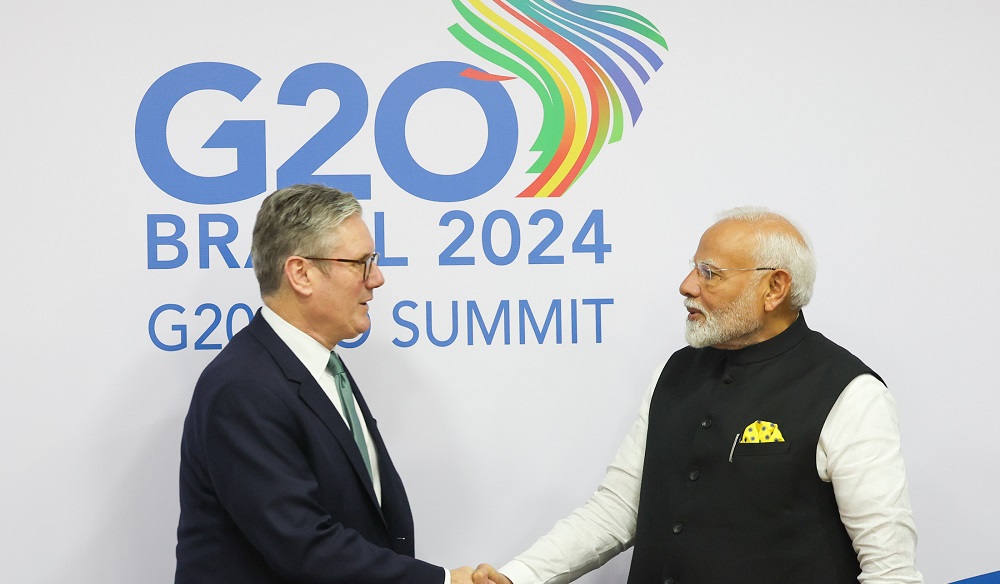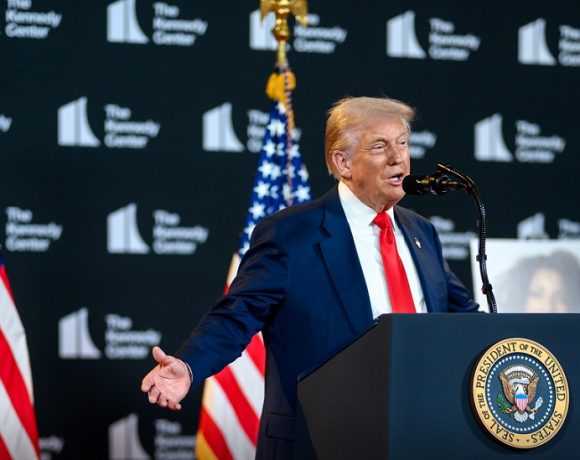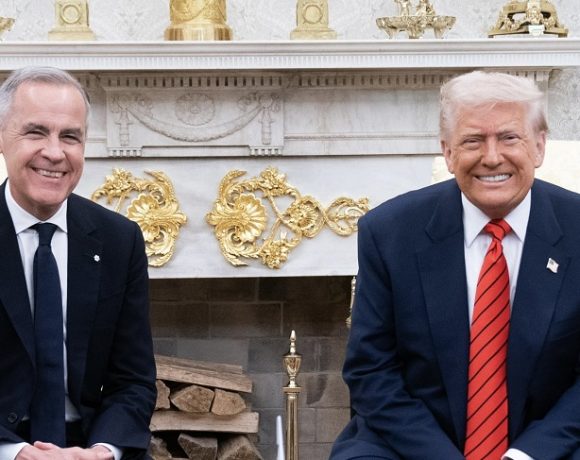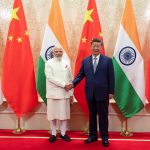
India-UK Trade Deal Slashes Whisky and Auto Tariffs
In a landmark agreement aimed at deepening economic engagement, India and the United Kingdom have concluded a long-awaited Free Trade Agreement (FTA) that significantly reduces import duties on key British goods, including alcoholic beverages and automobiles. The deal marks a strategic shift in bilateral trade, coming after nearly three years of intense negotiations.
India-UK FTA
The India-UK FTA is being hailed as a milestone in global trade diplomacy. Both nations have agreed on wide-ranging tariff cuts and policy harmonization to facilitate greater market access. The deal is expected to significantly increase the volume of trade between the two countries, which currently stands at over £36 billion annually.
Whisky Tariffs
One of the headline components of the agreement is the reduction of India’s high import duties on British alcoholic spirits. The 150% duty on Scotch whisky and gin will be immediately halved to 75%, with a roadmap to reduce it further to 40% over the next ten years. This move is expected to make premium British liquor brands more accessible to Indian consumers while opening up one of the world’s largest emerging markets for UK distilleries. Industry analysts predict an export surge of British whisky to India, potentially crossing £1 billion over five years.
Auto Import Duty
The deal also benefits the automotive sector. India will lower its import duties on British-manufactured cars from more than 100% to 10%, although this will apply only under a specific quota system. The reduction is likely to encourage the entry of more UK car brands into the Indian market, giving Indian consumers greater variety and potentially competitive pricing on high-end vehicles.
Economic and Cultural Impact
Beyond whisky and cars, the agreement includes duty-free access for over 90% of British goods exported to India, including pharmaceuticals, aerospace components, cosmetics, and packaged foods. In return, the UK will remove tariffs on 99% of Indian exports, particularly in textiles, jewelry, and leather goods.
The trade pact is projected to add over £4.8 billion annually to the UK economy by 2040 and drive bilateral trade growth by over £25 billion. Cultural and human resource exchanges will also benefit, with streamlined visa processes for Indian chefs, yoga teachers, and artists. A bilateral social security pact will allow temporary professionals to avoid dual contributions for up to three years, easing labor mobility.
The successful negotiation and conclusion of this FTA signal a deepening of strategic ties between the two nations. It is expected to usher in a new era of economic cooperation, employment generation, and increased consumer choice in both markets.


















